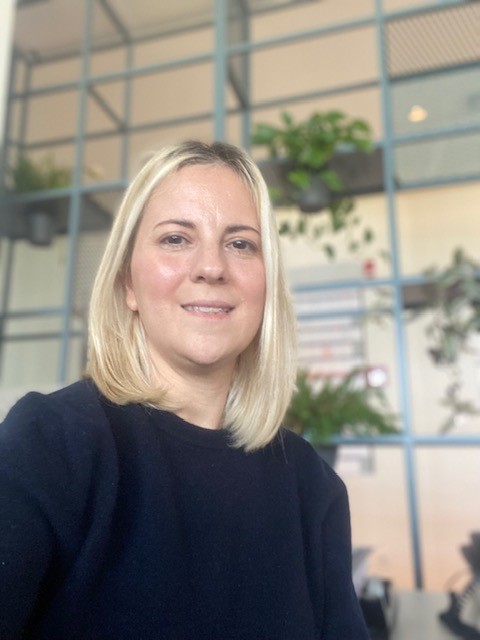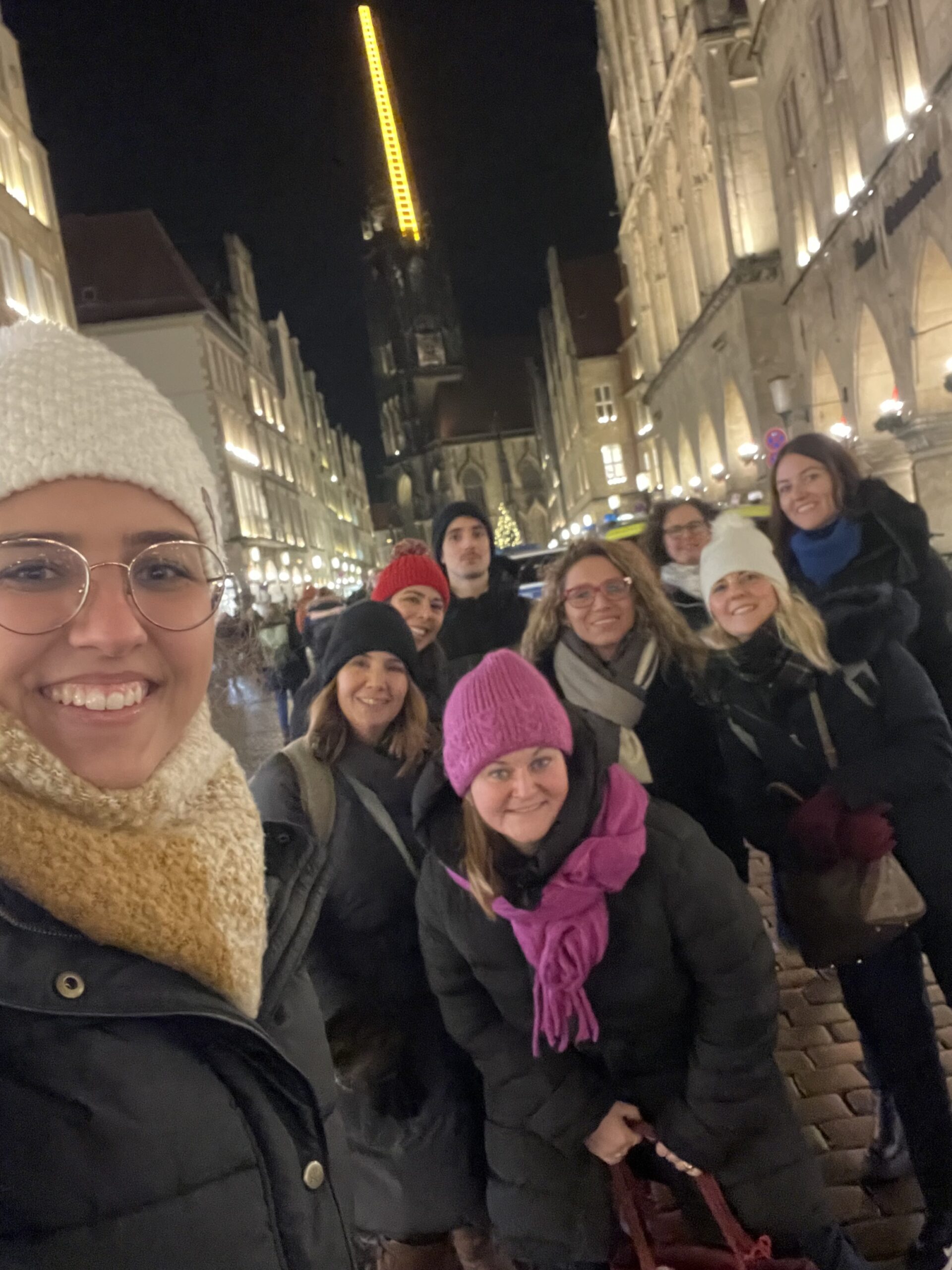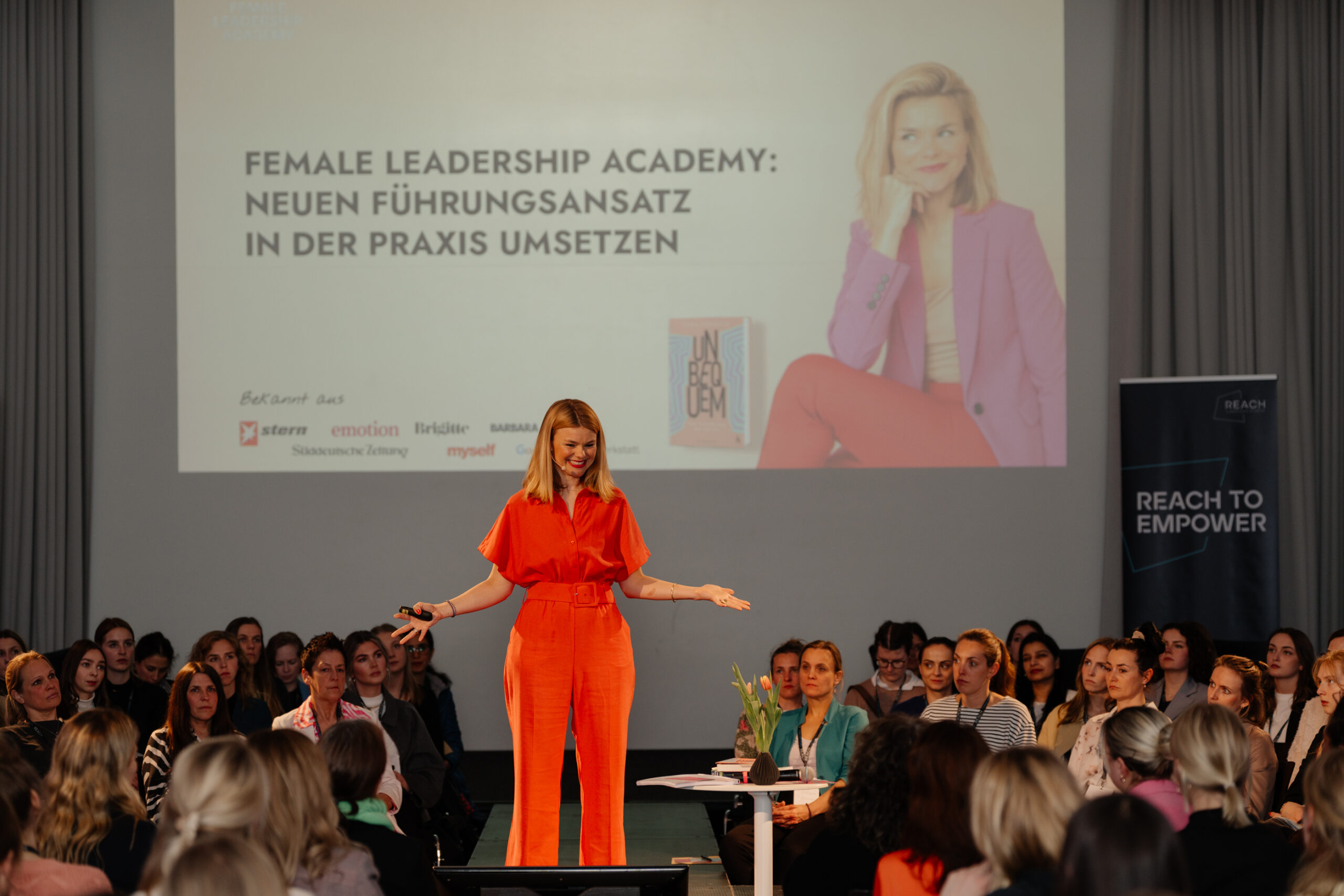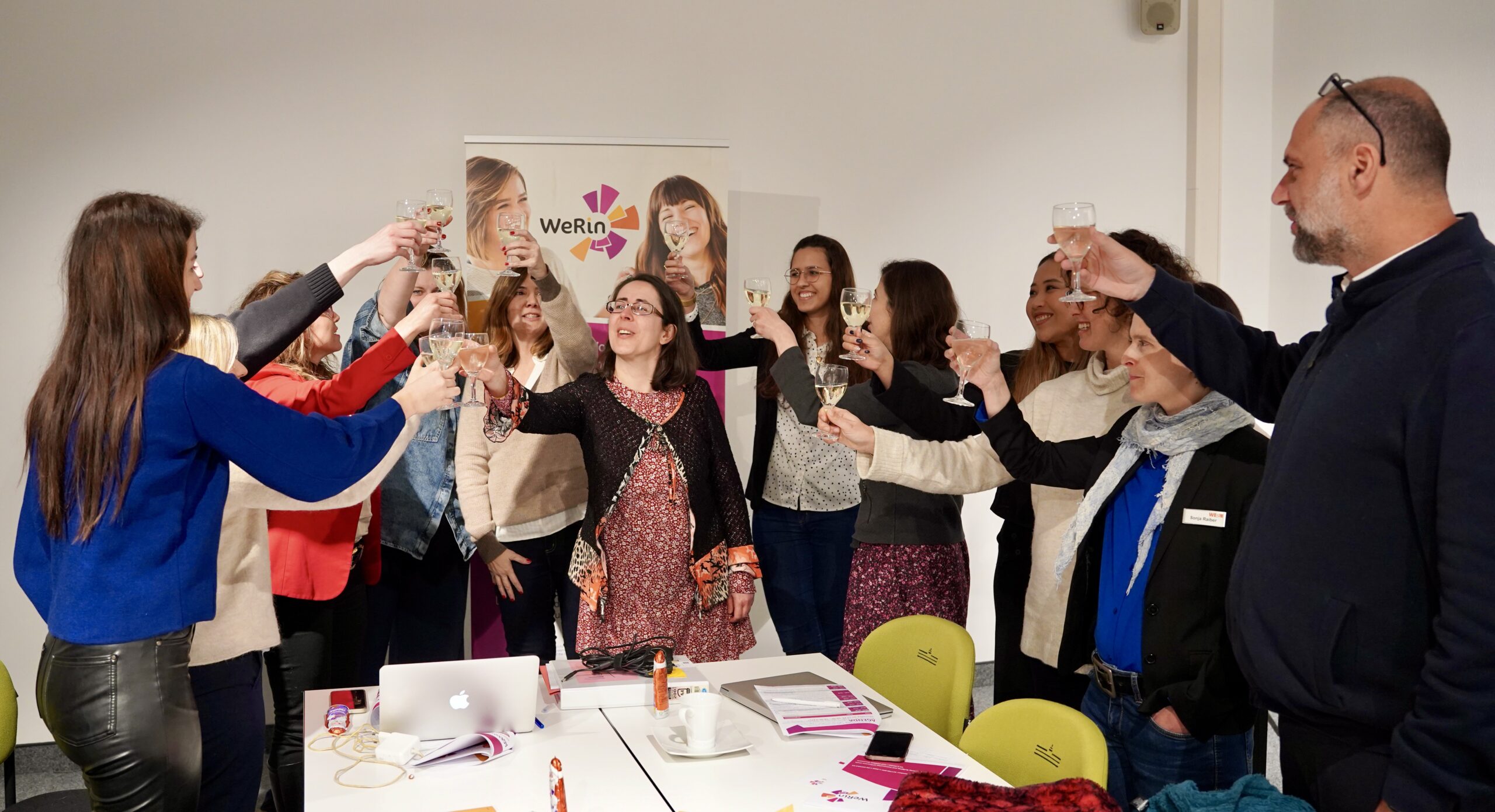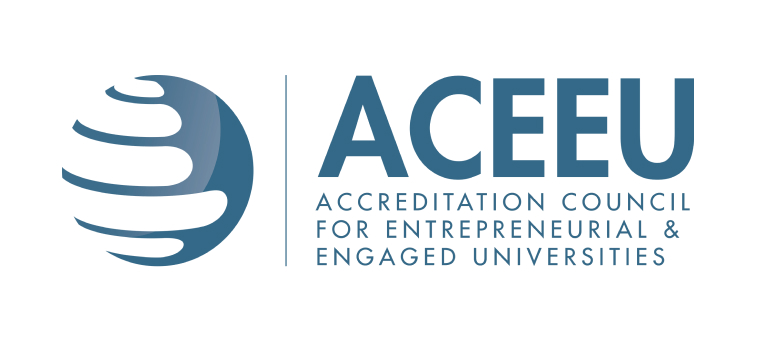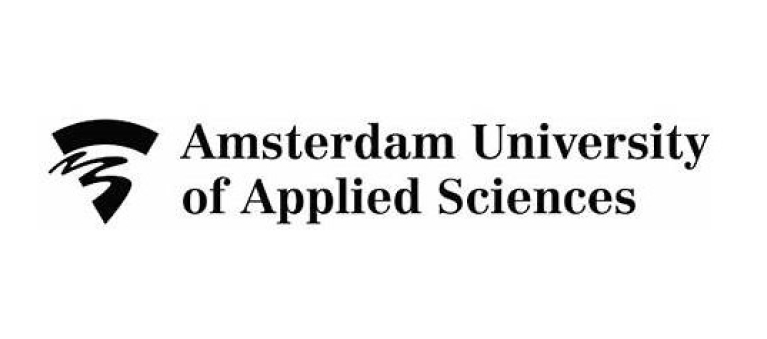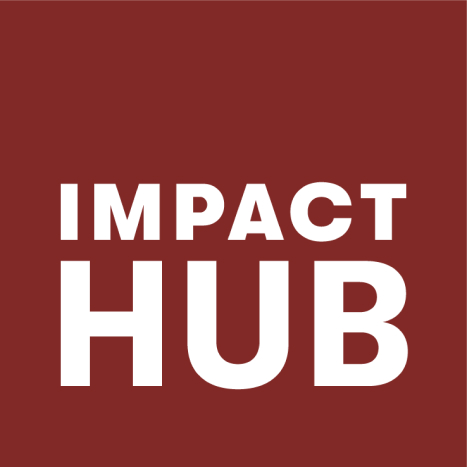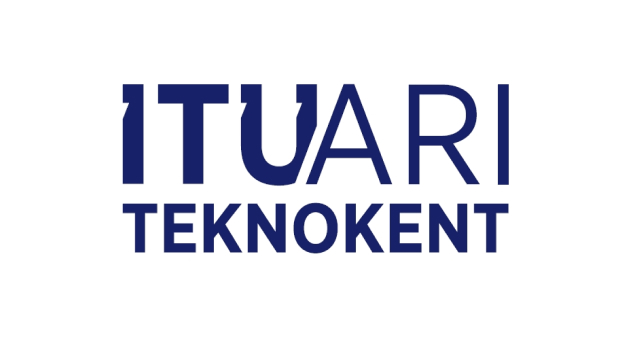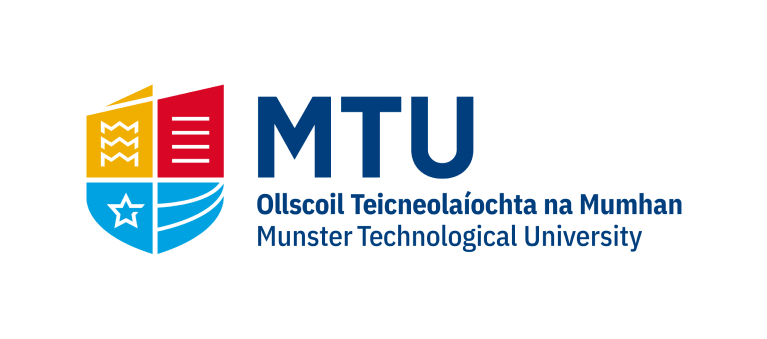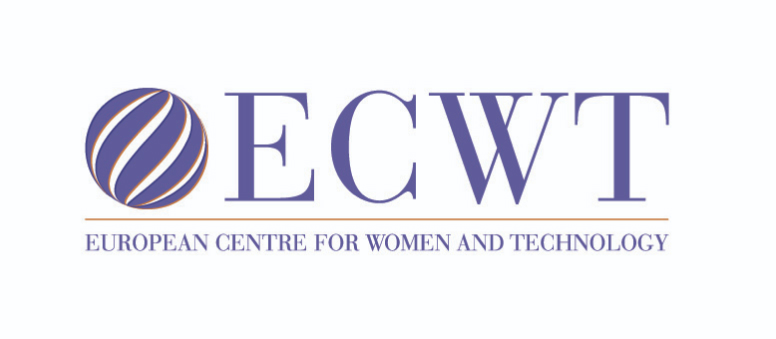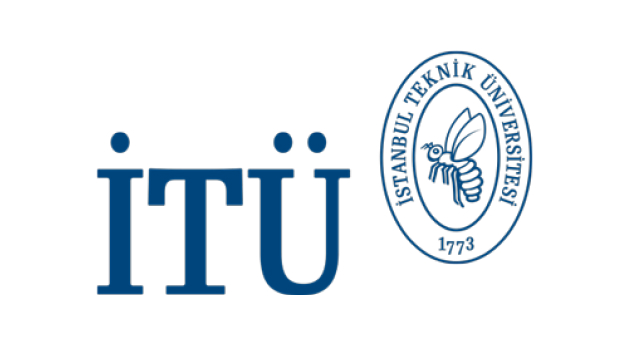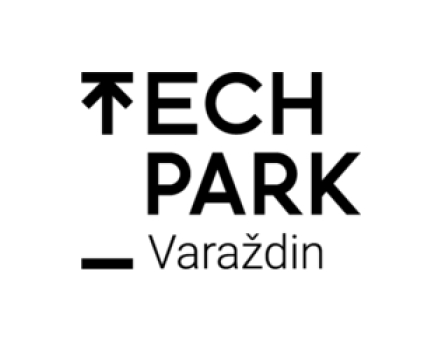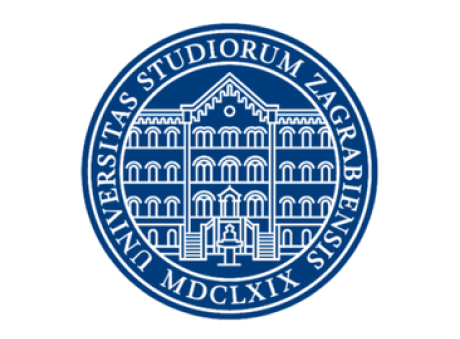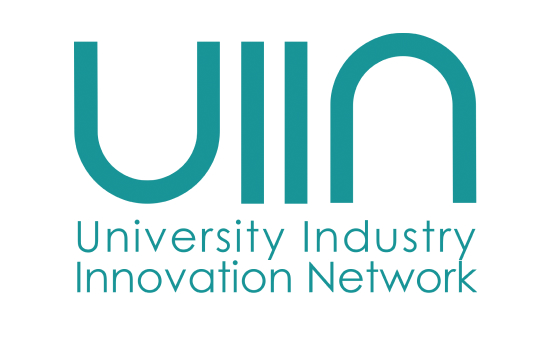This month we interview, International Project Development Expert, Başak Tetiköz from ARI Technology Park about the Turkish entrepreneurship ecosystem and the embeddedness of women.
Q: What is your education and background?
A: I earned my bachelor’s degree in International Relations and a post-graduate degree in Management of Business Administration. I also completed marketing training at the City University of London. During my career journey, I worked for multinational companies in the UK and as a consular officer in London. Since 2013 I have been working as a Senior Project Development Expert at Higher Education Institutions. When I joined ITU ARI Technology Park in İstanbul, I got into the entrepreneurial ecosystem and was introduced to project WeRin. I have learned a lot of things about entrepreneurship, especially from literature reviews, the regional scans, and role models featured in the project, and I am still learning.
Q: What do you think about the future of entrepreneurship when you look at it from a gender perspective?
A: I think EU Funding Programs like the European Innovation Council (EIC) and some national government funding bodies in Turkey have started to develop support programs specifically for women entrepreneurs. These programs are very promising and will raise awareness and increase the presence of women entrepreneurs in the ecosystem. WeRin is a pioneer and a very successful project and has already made an impact by introducing successful women entrepreneurs to the ecosystem and promoting women entrepreneurship.
Q: Which innovation areas like Health, Climate, Energy, Security, ICT, Space, Water, Construction, Transport, etc. will be most effected by the developments in the entrepreneurship ecosystem? And which innovation areas will women play an active role in?
A: In my opinion, digitalisation, AI, and ICT will be the pioneers of innovation once it’s combined with the needs of society in related areas for instance in transport, energy, health, and so on. Studies in recent years show that start-ups set up by women performed 63% better than those founded solely by men, according to the EC’s Women in the Digital Age study.
Q: Do you think women or men are more likely to be an entrepreneur, and why? What is your perception of Turkey and the world?
A: In my opinion, globally, men are more likely to be an entrepreneur when we look at the numbers of applications to the incubation centres, so women need to be encouraged more to participate. Women’s presence can be increased by employing innovative activities in support programs. For example, I am confident that nudges developed in the WeRin project will help us overcome this barrier.
Q: How many applications do you receive annually to the incubation centre programs and what is the level of female attendance?
A: ITU Çekirdek received approximately 7,300 applications last year, and nearly 500 were successful in one of Turkey’s well-known start-up competitions, The Big Bang Start-up Challenge. Out of 500 supported start-ups, 194 of them have women founders. So, 38 % supported at national level.
Q: Do you think cultural factors affect entrepreneurship in Turkey, and if so, in what ways?
A: Studies show that women in the EU spend 22 hours per week on care and household work, while men spend only 9 hours. Women spend 2.4 times more time than men on care and housework. In Turkey, it is similar, approximately 75% of care is provided by women, which seems to be women’s responsibility. Due to this reason, only a minority of women are part of the labour market. So, this relatively affects the number of women involved in the innovation ecosystem.
Q: Do you think there are any implicit biases and glass ceilings against women’s entrepreneurship?
A: Yes, the literature review carried out by ITU shows that there are implicit biases rather than explicit biases, which are much more challenging to understand. The characteristics such as ‘courage’, ‘decisiveness’, risk-taking’, ‘and resilience’, which are seen as part of entrepreneurship, are perceived as male characteristics. Furthermore, women are underrepresented in the top management level of companies. So, there is not enough women in top management, and this is an implicit bias and glass ceiling for women.
Q: Are there any specific difficulties in funding women entrepreneurs?
A: Globally, only 1 in 10 decision makers at venture capital and private equity firms are female, even though private funds identified as operating with a gender focus have 72% female partners. All male founding teams receive almost 92% of all capital invested in Europe according to the EU report on ‘Gender Equality Strategy: 2020-2025’. Structural change is a must to open the doors for women innovators.
Q: Are you running international acceleration programs? When you compare them with the local programs, what is the level of women entrepreneurs’ in attendance?
A: We have just received applications to our ITU Seed program, a global accelerator program for start-ups who want to go global. There is over 100 applications from 35 countries, including Australia, Poland, South Africa, India, and Russia. This year 18 applications have been supported so far. They mostly work in Transportation, Edtech, Agriculture, Fintech, and Healthtech. Looking at the overall picture, 18% of applicants are women, and 11% of these women were entitled to be supported internationally. The number of applicants to our international program indicates that women’s participation in entrepreneurship is not at the expected level. Together with the WeRin project, we are confident that these numbers will increase even more.
Contact basak.tefikoz@ariteknokent.com.tr for more information on ARI Technology Park’s acceleration programs.

